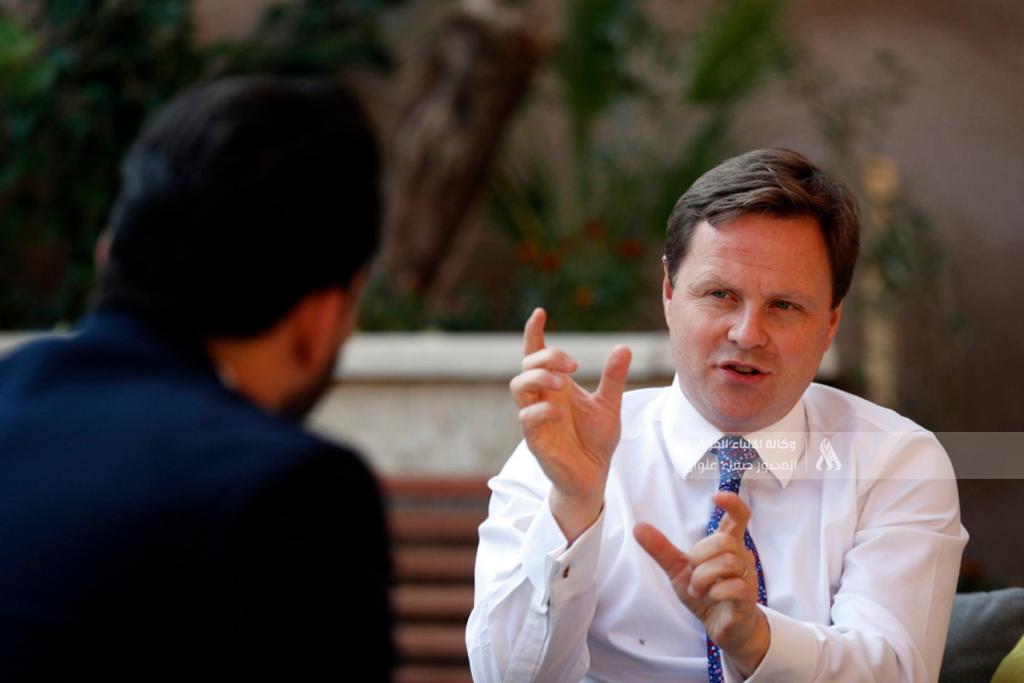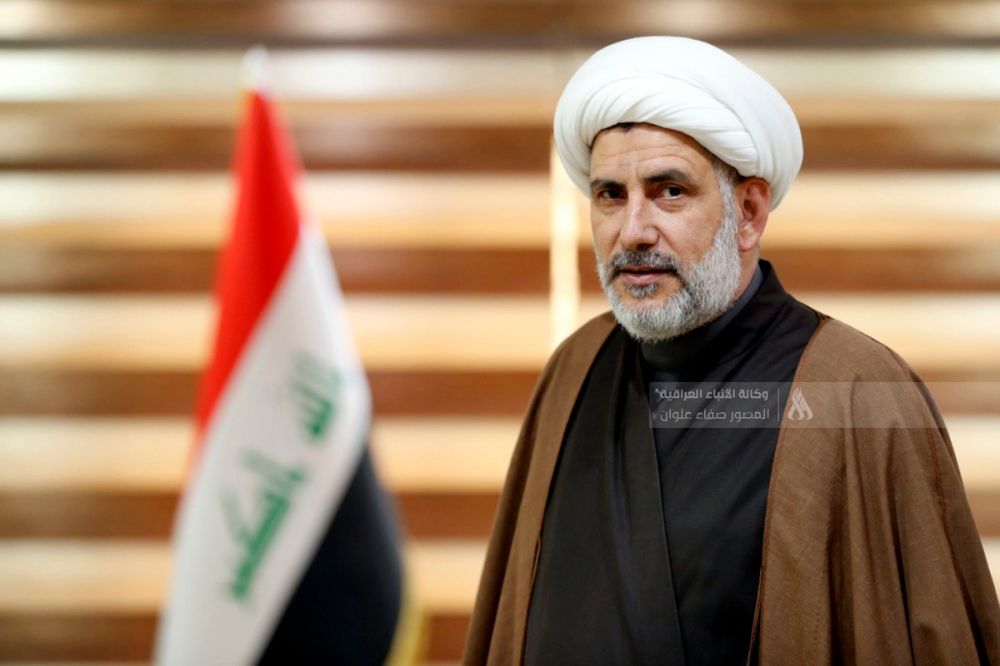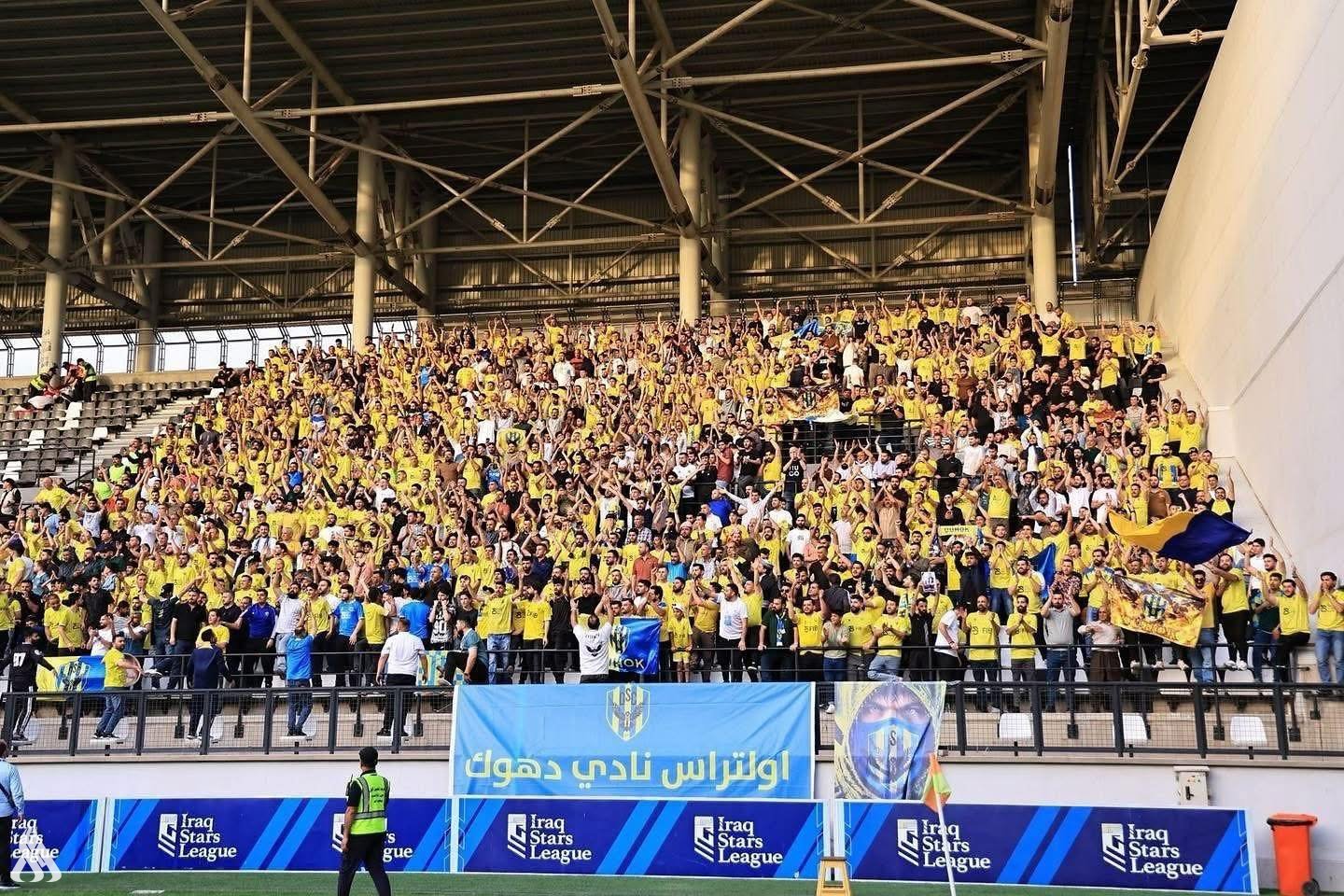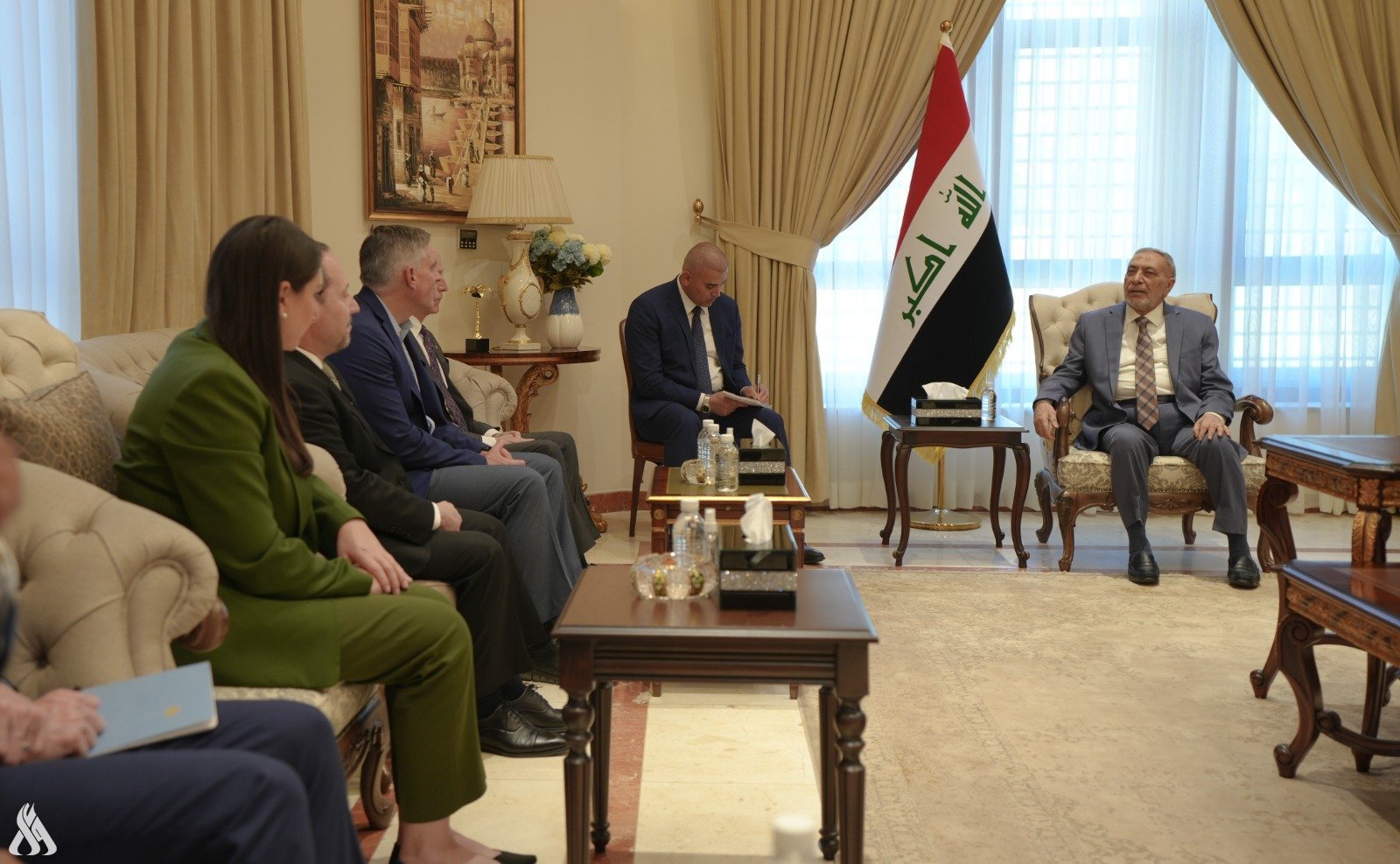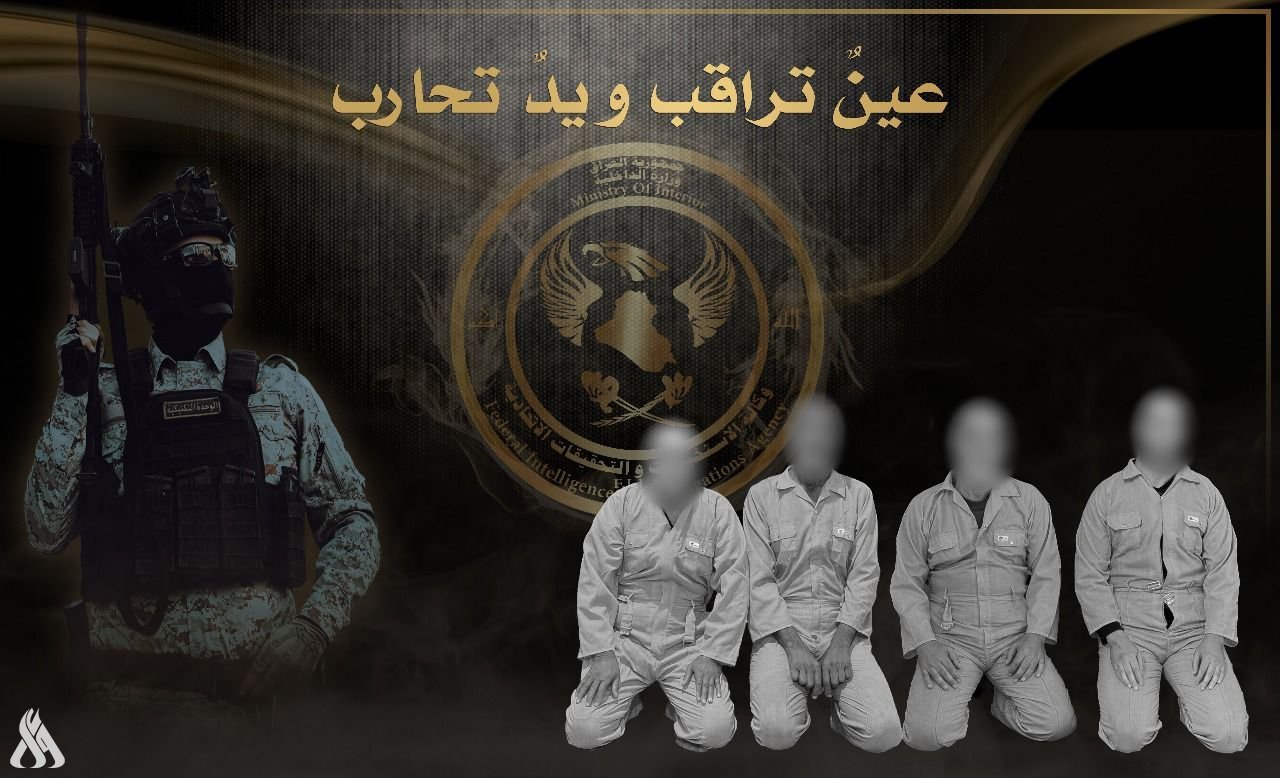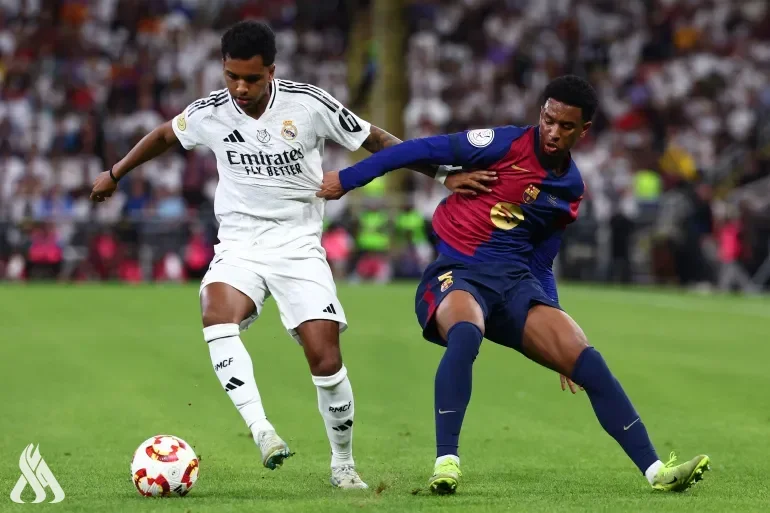
Around 12 years in a coma, man hears everything people say

- 12-11-2018, 10:23
INA – Source / Health24 In January 1988, at the age of 12, a mystery illness that started with a sore throat left Martin Pistorius from Johannesburg in a virtual coma. Though he was treated for tuberculosis and cryptococcal meningitis, no conclusive diagnosis was ever made. Medication after medication was tried, to no effect. On his website, he describes how he first lost his voice, then stopped eating. Within eighteen months he was mute and wheelchair-bound. Everyone around him thought that he was so badly incapacitated that he couldn't hear, much less understand, what was being said around him. Doctors told his parents that his condition was some unknown degenerative disease that had left him with the mind of a baby and that he had 'probably wouldn't survive' more than two years. Martin was eventually moved to care centres for severely disabled children. The stress and heartache shook his parents' marriage and their family to the core. At one point he actually heard his mother say 'You must die'. 'You have to die,' before leaving his room. Her seemingly cruel words initially made him want to die himself, but he gradually learned to understand his mother's desperation and to forgive her. In his remarkable book Ghost Boy, Martin describes how he felt: "Have you ever seen one of those movies in which someone wakes up as a ghost but they don’t know that they’ve died? That’s how it was, as I realised people were looking through and around me. However much I tried to beg and plead, shout and scream, I couldn’t make them notice me. My mind was trapped inside a useless body, my arms and legs weren’t mine to control and my voice was mute. I couldn’t make a sign or a sound to let anyone know I’d become aware again. I was invisible – the ghost boy." He goes on to explain that his mother's sense of failure towards her son and her immense sense of unhappiness spiralled so far out of control that she tried to commit suicide about two years after he fell ill. Over time Martin started to regain some control over the body, though no one thought that his intelligence was still intact. "To most people, I resembled a pot plant, to be given water and left in a corner. Though most carers looking after children like me were good, some were utterly callous. I was called ‘the obstacle’, ‘donkey’ and ‘rubbish’. Slowly but surely, with the help of his family and a few people who really cared, Martin returned to life from his ghost-like existence. One of those was Virna van der Walt, an aromatherapist and one of Martin's day carers. She began noticing that Pistorius would react to specific statements and questions she made and recommended that he be sent to the Centre For Augmentative And Alternative Communication at the University of Pretoria around age 25. There, they confirmed that he was aware and could respond to statements. In 2001 he learned to communicate via computer, make friends, and change his life. In 2008 he met the love of his life, Joanna, and immigrated to the UK. In 2009 they married and in 2010 he started his own business. Though wheelchair-bound and speaking through a voice synthesizer. Ghost Boy is the story of one boy’s return to life through the power of love and faith. In these pages, readers see a parent’s resilience, the consequences of misdiagnosis, abuse at the hands of cruel caretakers, and the unthinkable duration of Martin’s mental alertness betrayed by his lifeless body. Watch: Ghost Boy by Martin Pistorius [embed]https://www.youtube.com/watch?v=1CIybH86gP0[/embed]
North Korea threatens response to US bombers over South
- International
- 01:00
Trump administration says Harvard may lose ability to enroll foreign students
- International
- 12:30
Interior Minister arrives in Basra Governorate
- Local
- 10:33
Drone strike on Dnipro - Death toll rises to two, 16 injured
- International
- 08:53
Duhok of Iraq and Qadsia of Kuwait match kicks off
- Sport
- 25/04/15
Four Daesh terrorists detained in Salahuddin
- Security
- 25/04/14
Two ISIS hideouts destroyed, killing those inside in Salah al-Din
- Security
- 25/04/13
Date Set for 'El Clasico' Final of the Copa del Rey
- Sport
- 25/04/12
